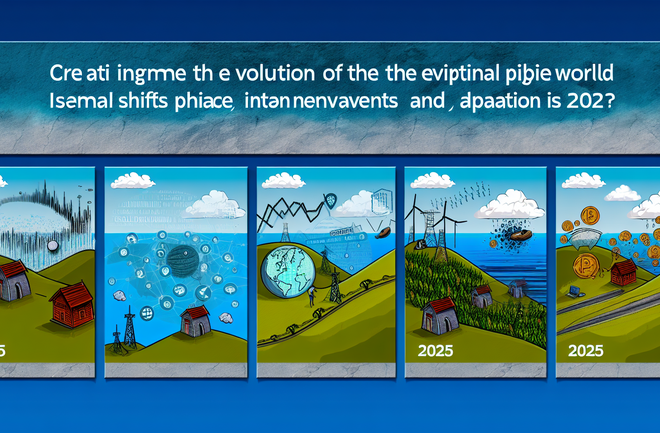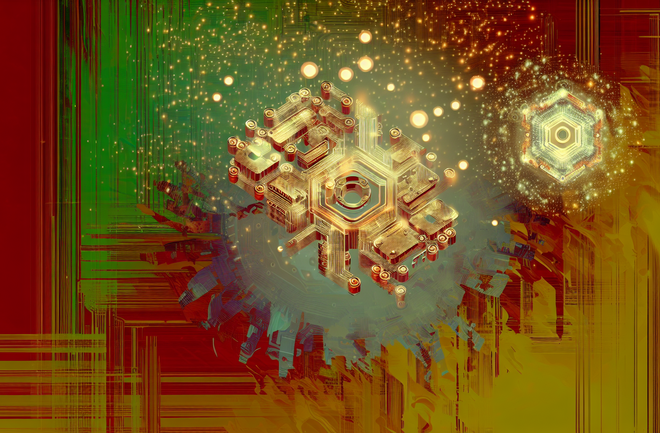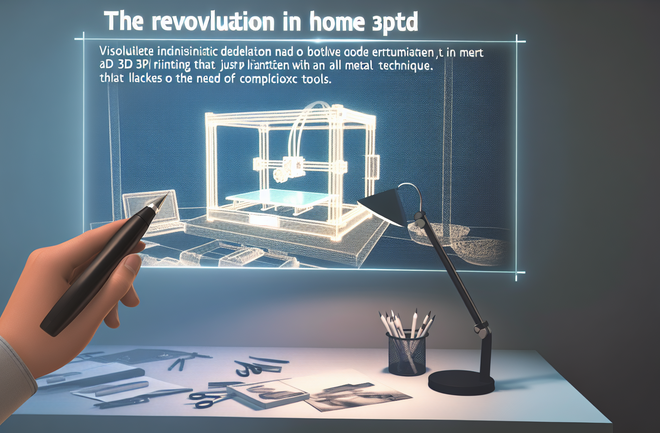
AI’s Encroachment on the Tech Job Frontier
As artificial intelligence (AI) becomes a distinguished player in fields traditionally dominated by humans, it’s surfacing fears across industries about the future of employment. The tech sector, where innovation is revered, is paradoxically grappling with a burgeoning anxiety among its workforce: AI is increasingly seen not as an ally, but as a contender for their very jobs. The rapid encroachment of AI into roles traditionally managed by humans raises the question of whether this is a harbinger of a broader occupational upheaval.
The anticipation of AI-powered systems managing tasks from complex decision-making to personalized education challenges our notion of indispensable human skills. Dario Amodei, CEO of the notable AI company Anthropic, recently made headlines with a bold prediction that AI could potentially render half of the entry-level white-collar jobs obsolete. While this claim might seem like grandstanding, it prompts serious reflection on the AI-driven transformation we might face in the coming years.
The tech industry’s existential conundrum is painted vividly through recent insights gathered by tech journalist Brian Merchant. In his exploration shared on the Substack Blood in the Machine, professionals from the tech world anonymously voiced their growing concerns about AI’s role in employment displacement. These narratives reveal a common thread: employees sense the looming shadow of AI not only as a tool but as a replacement.
AI’s potential to streamline processes is undeniably appealing to businesses aiming for efficiency. However, the human cost—specifically job loss—cannot be overlooked. Historically, technological advancements have led to increased productivity and new job creation, but the sheer velocity and scale of AI’s advancement might disrupt this pattern, leaving many workers scrambling to adapt to an uncertain new landscape.
Not all tech workers view AI’s rise with dread. Some optimistically foresee AI complementing human creativity, enabling them to focus on high-value tasks that machines cannot emulate. This hopeful perspective envisions a future where AI acts as an empowerment tool, enhancing rather than eliminating jobs, especially in creative and strategic domains.
The question remains: how can the workforce adapt to a reality where AI is increasingly ubiquitous? Upskilling and reskilling initiatives are vital to prepare workers for collaboration with AI technologies. As AI undertakes routine and mundane tasks, employees should pivot towards developing expertise in areas that capitalize on uniquely human insights, emotional intelligence, and cross-disciplinary thinking.
In conclusion, as AI continues to evolve, society is tasked with guiding its integration into the workforce conscientiously. A balanced approach that considers business efficiency and the humane aspect of work is crucial. While the threat of AI-induced job displacement looms, it also presents an opportunity for a more enriched and innovative workforce, provided we are proactive about shaping the future landscape of employment.




